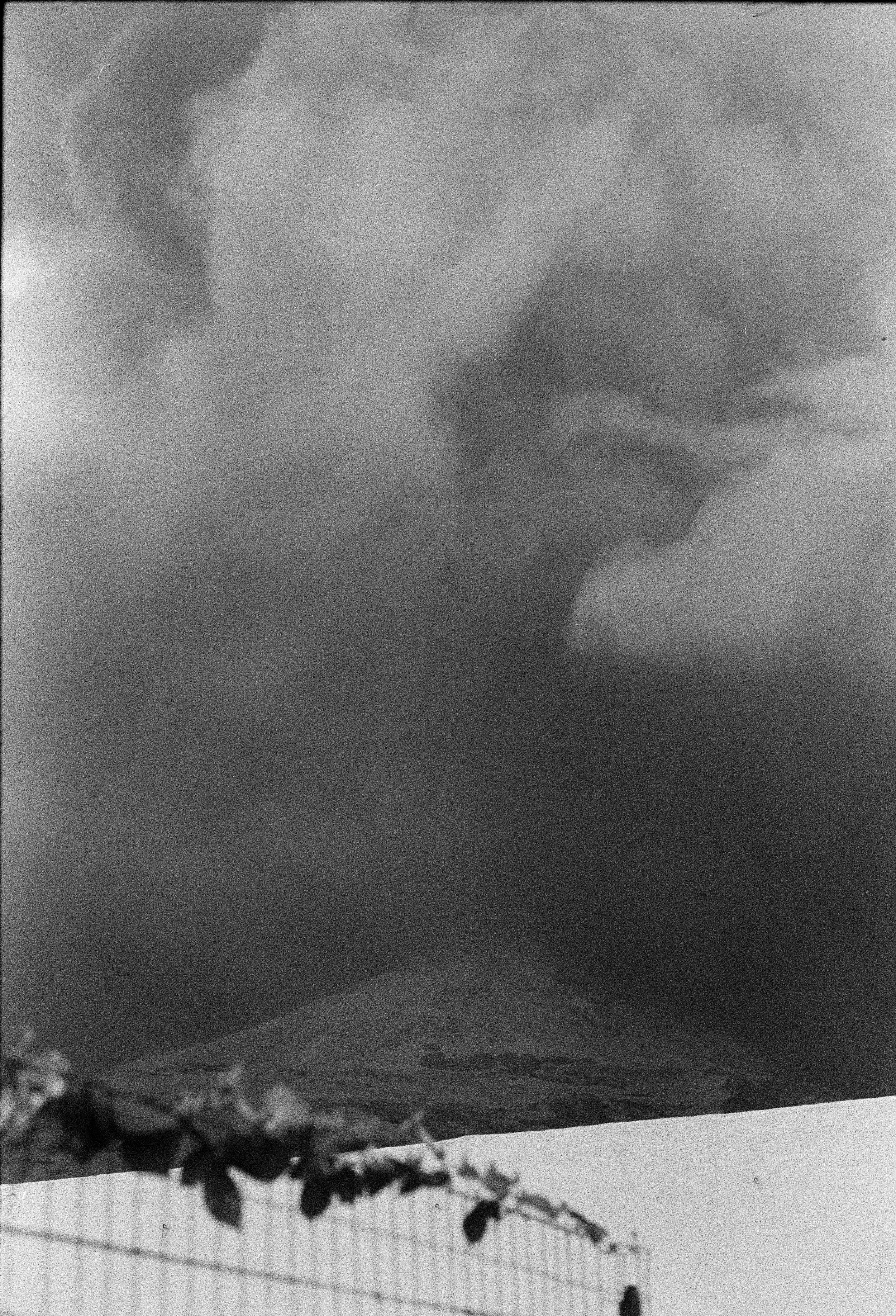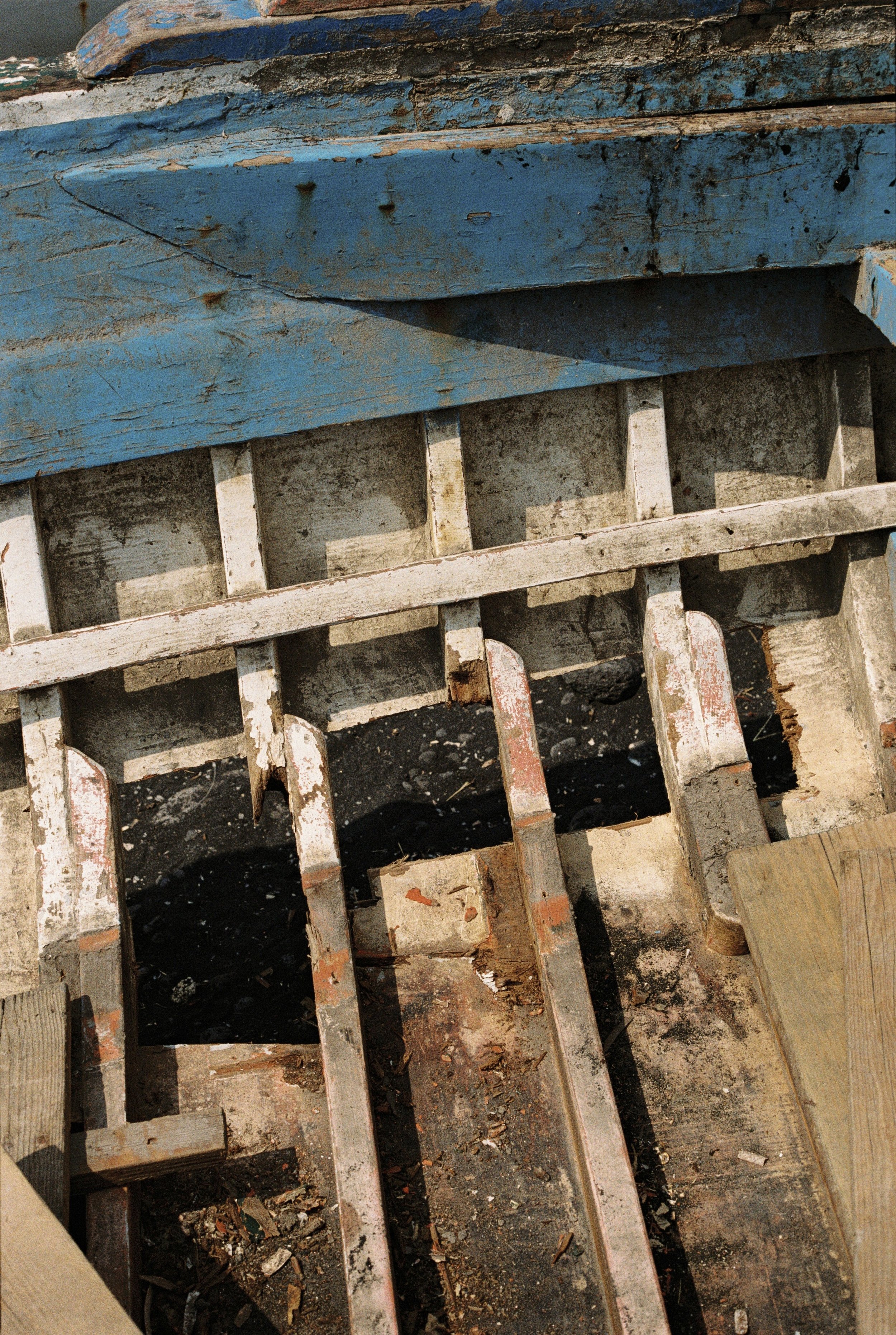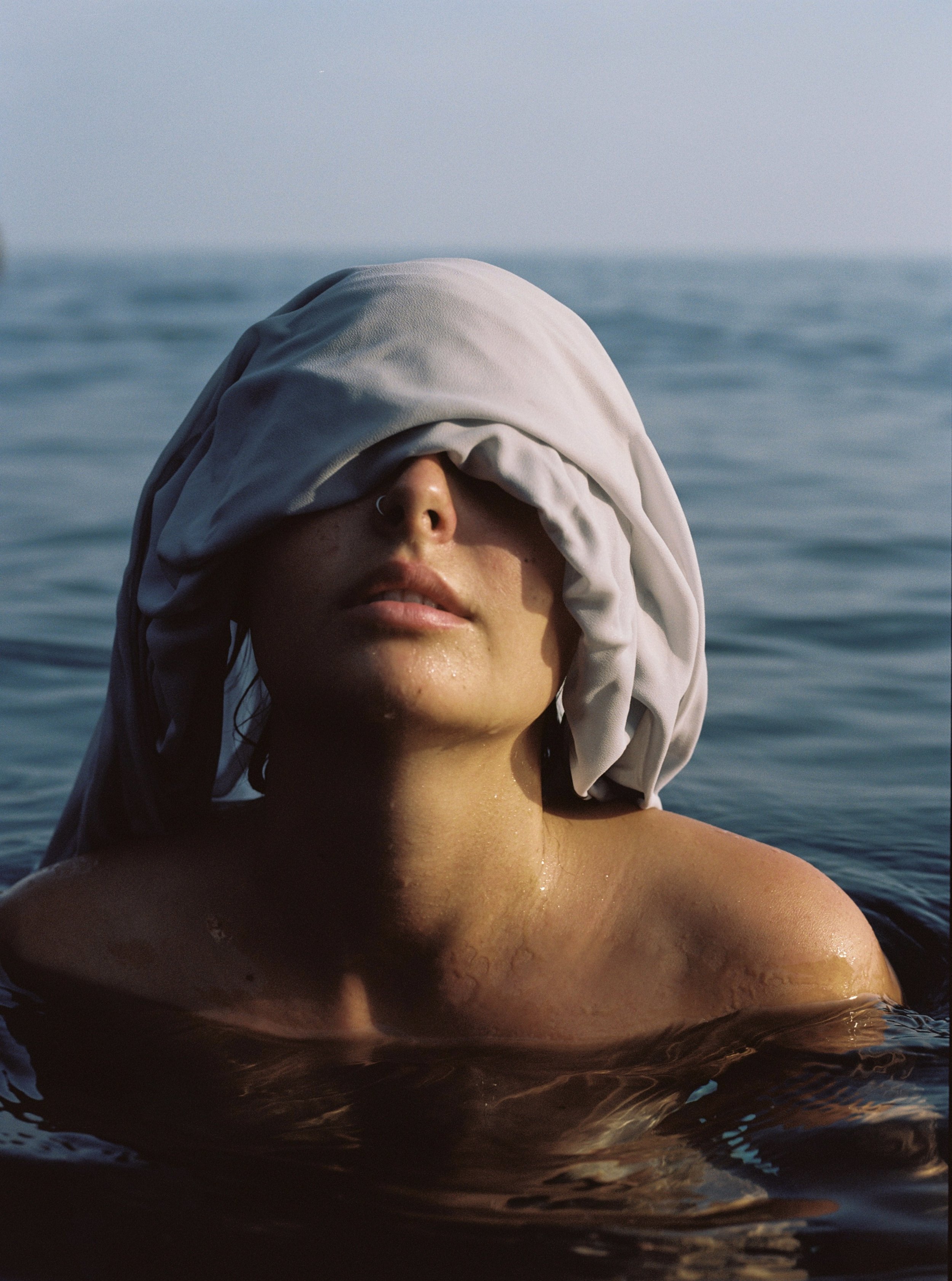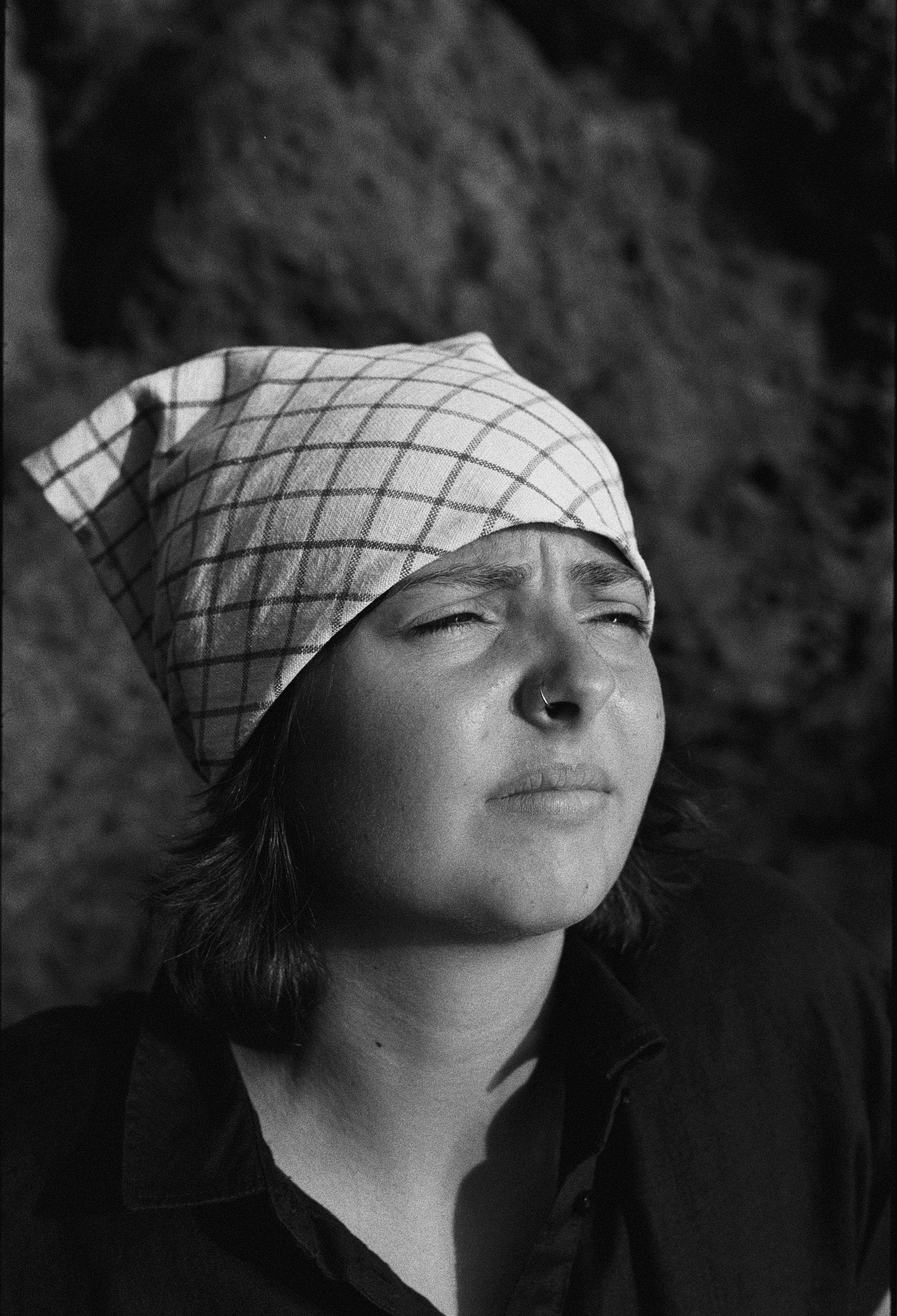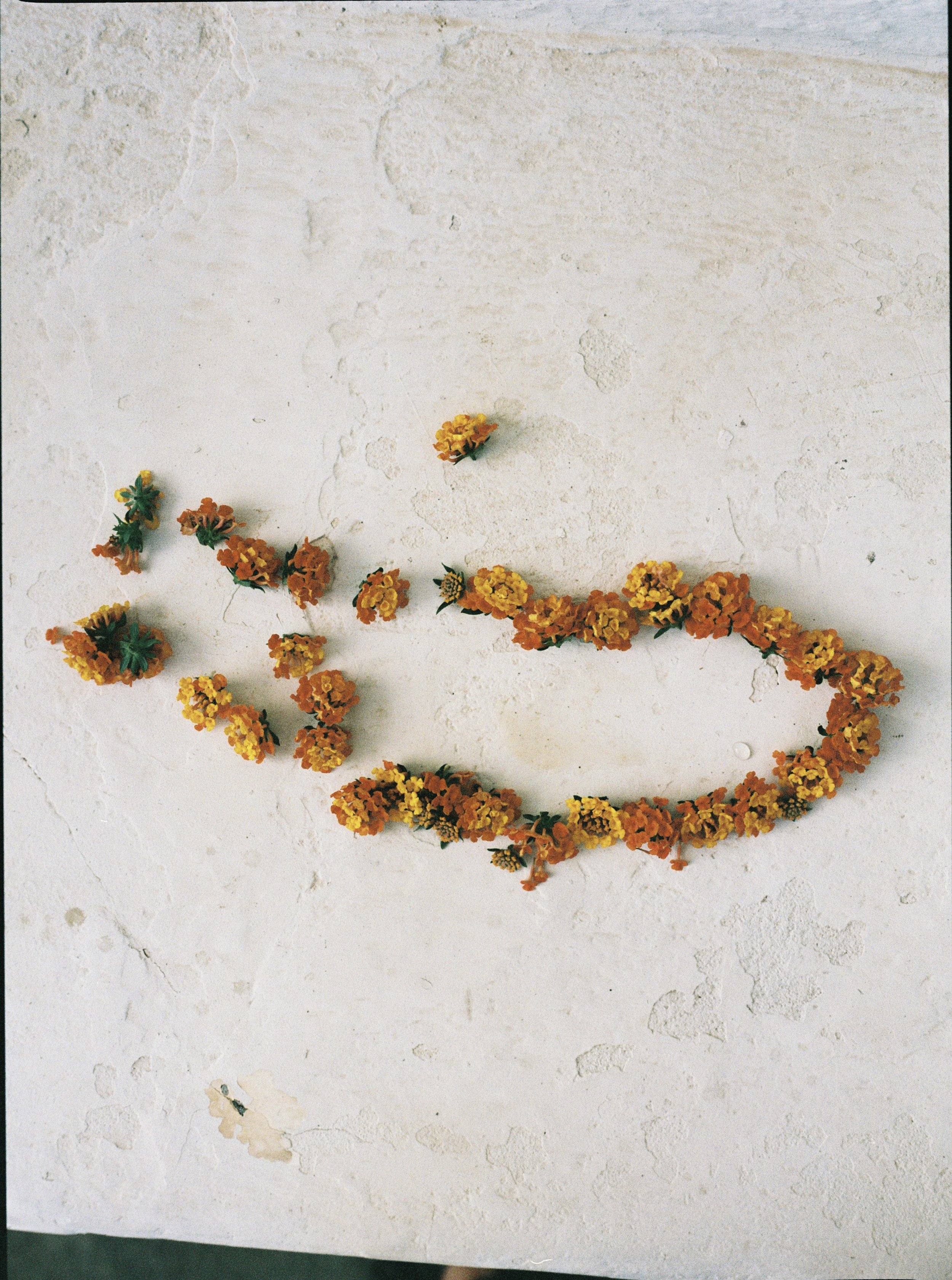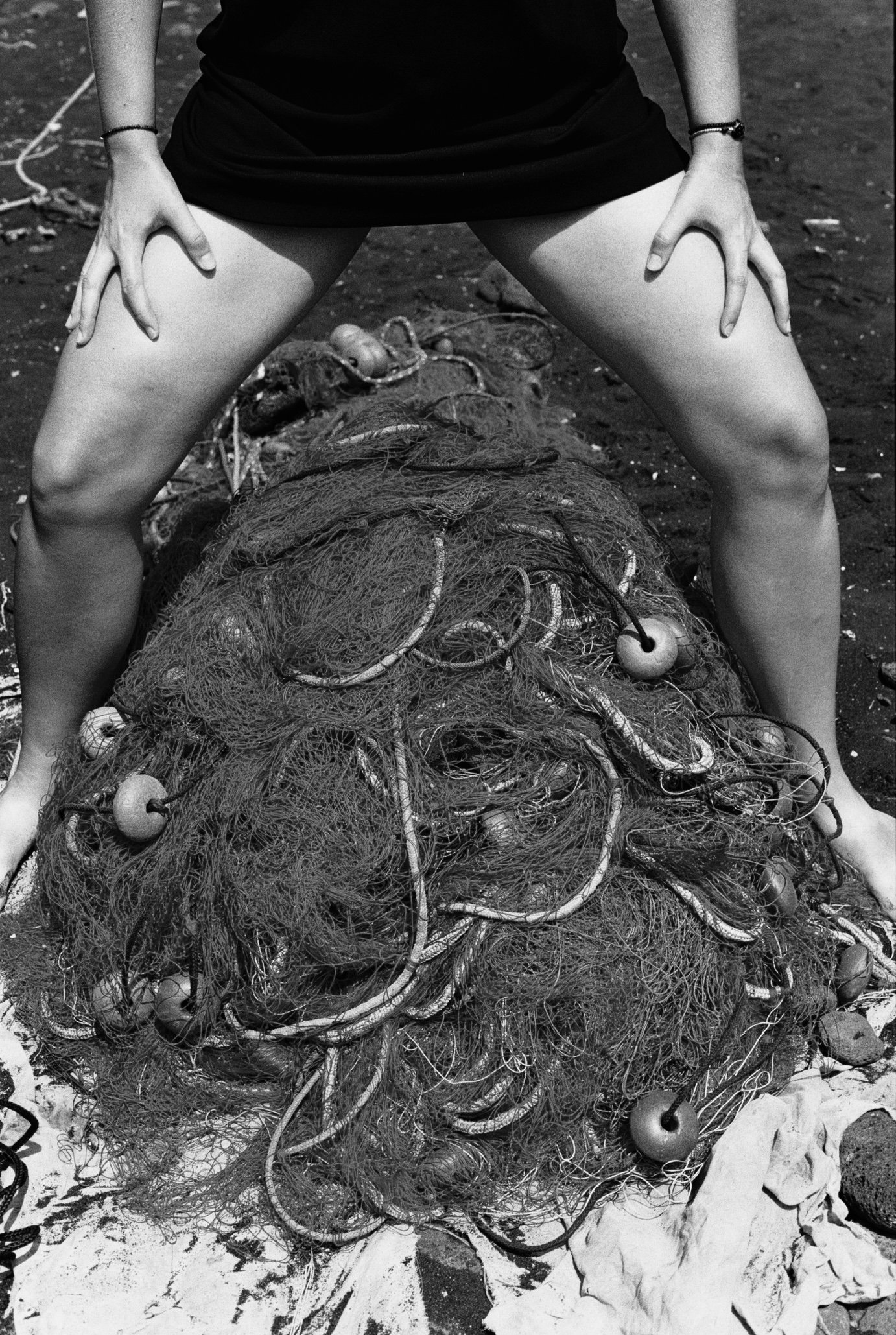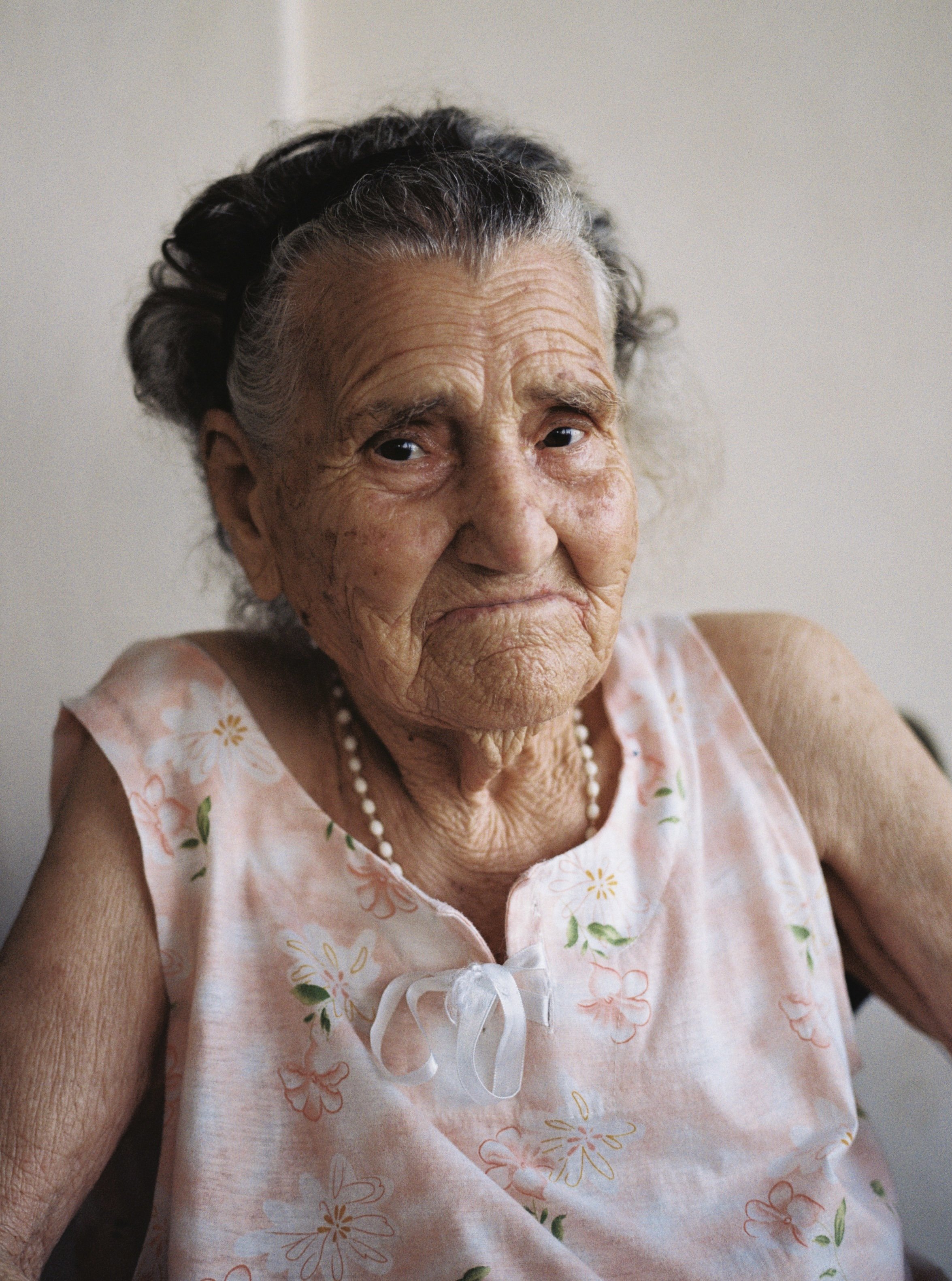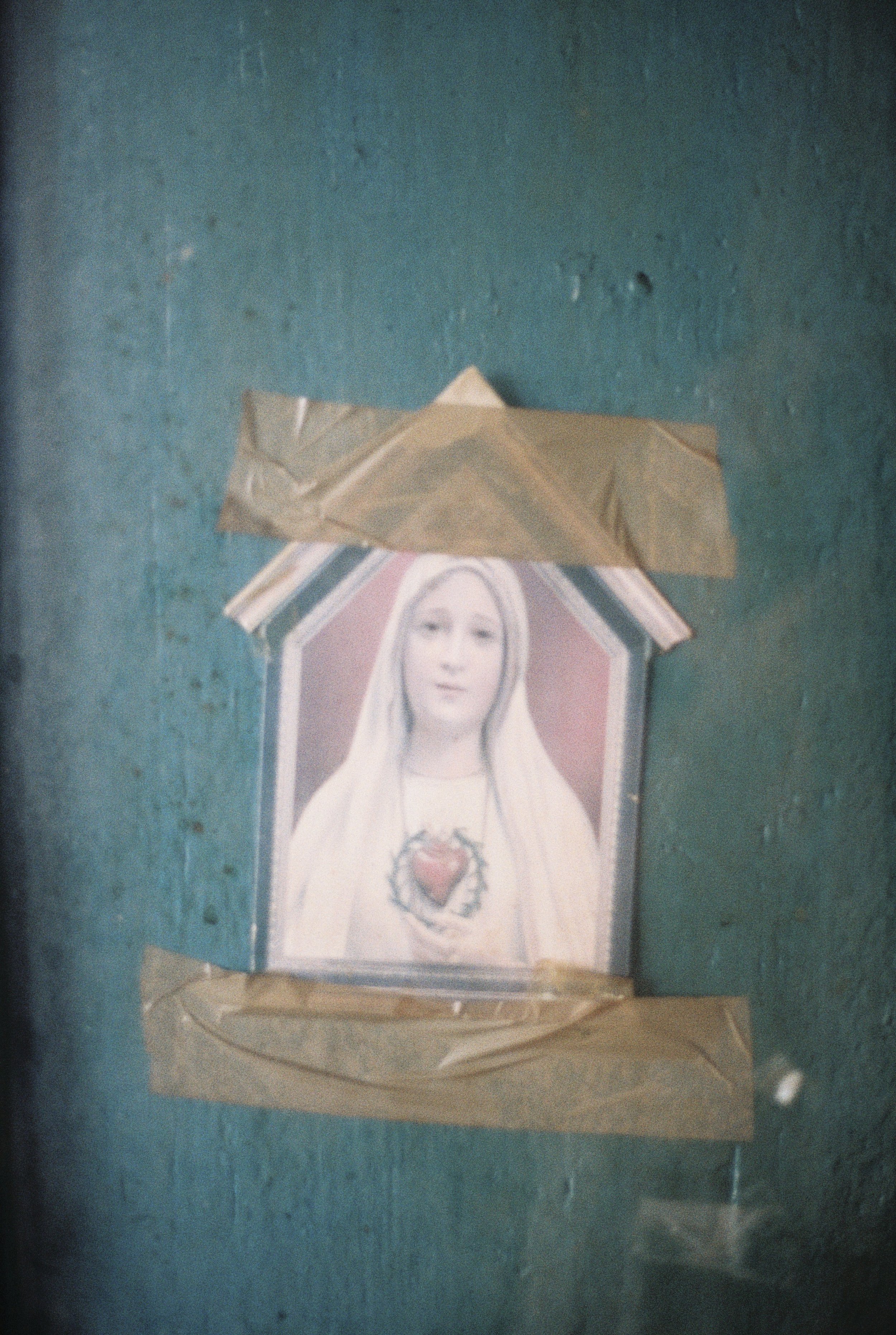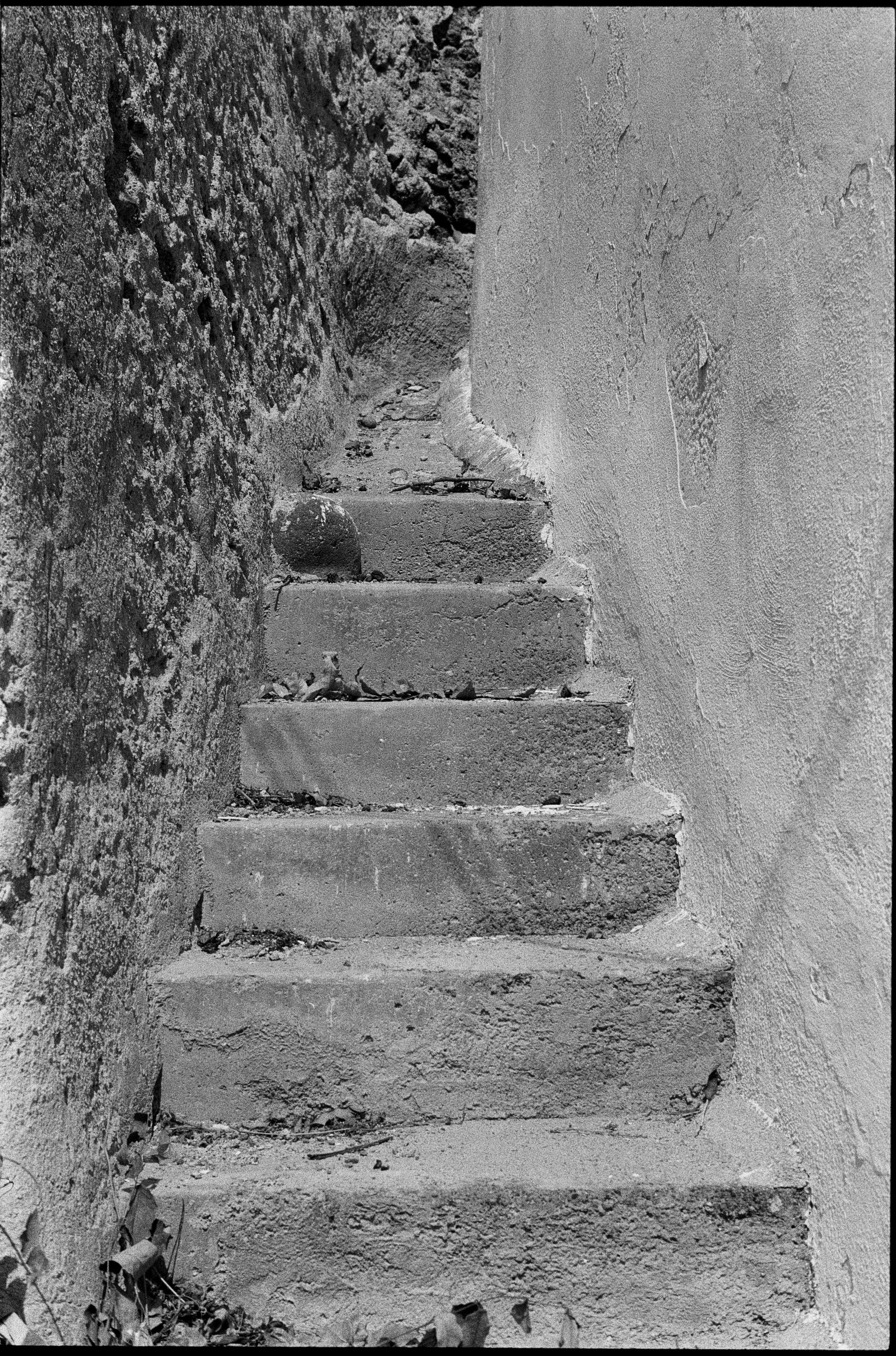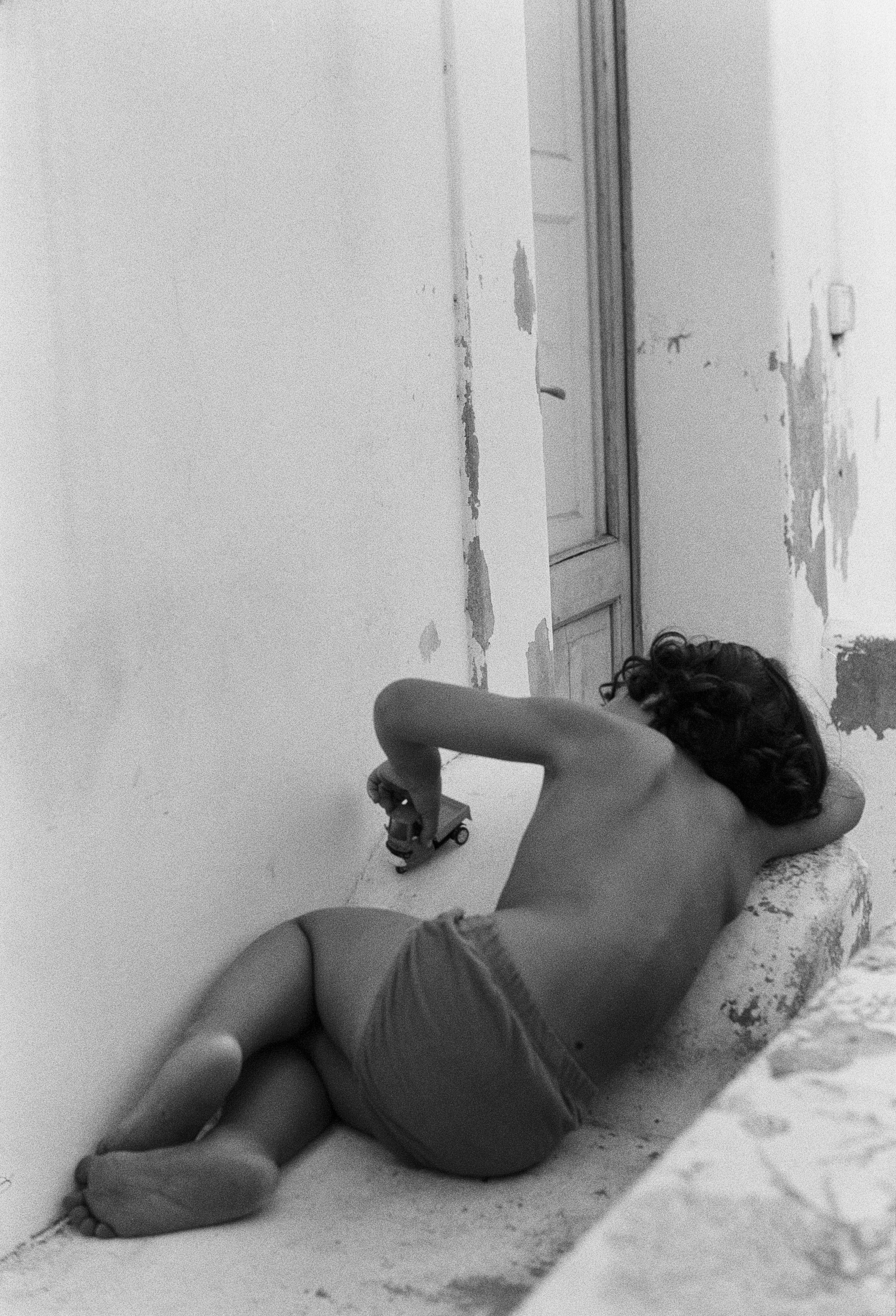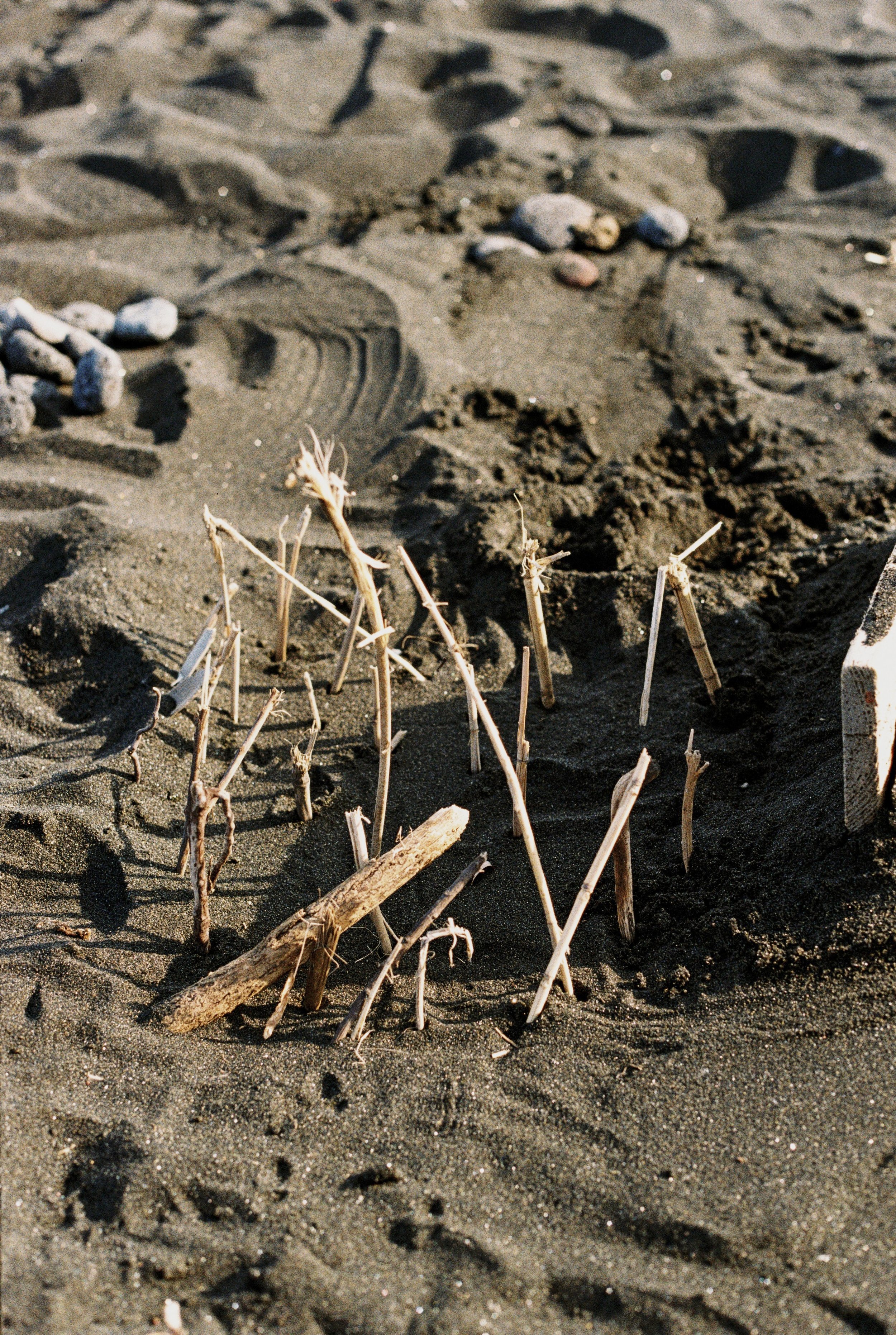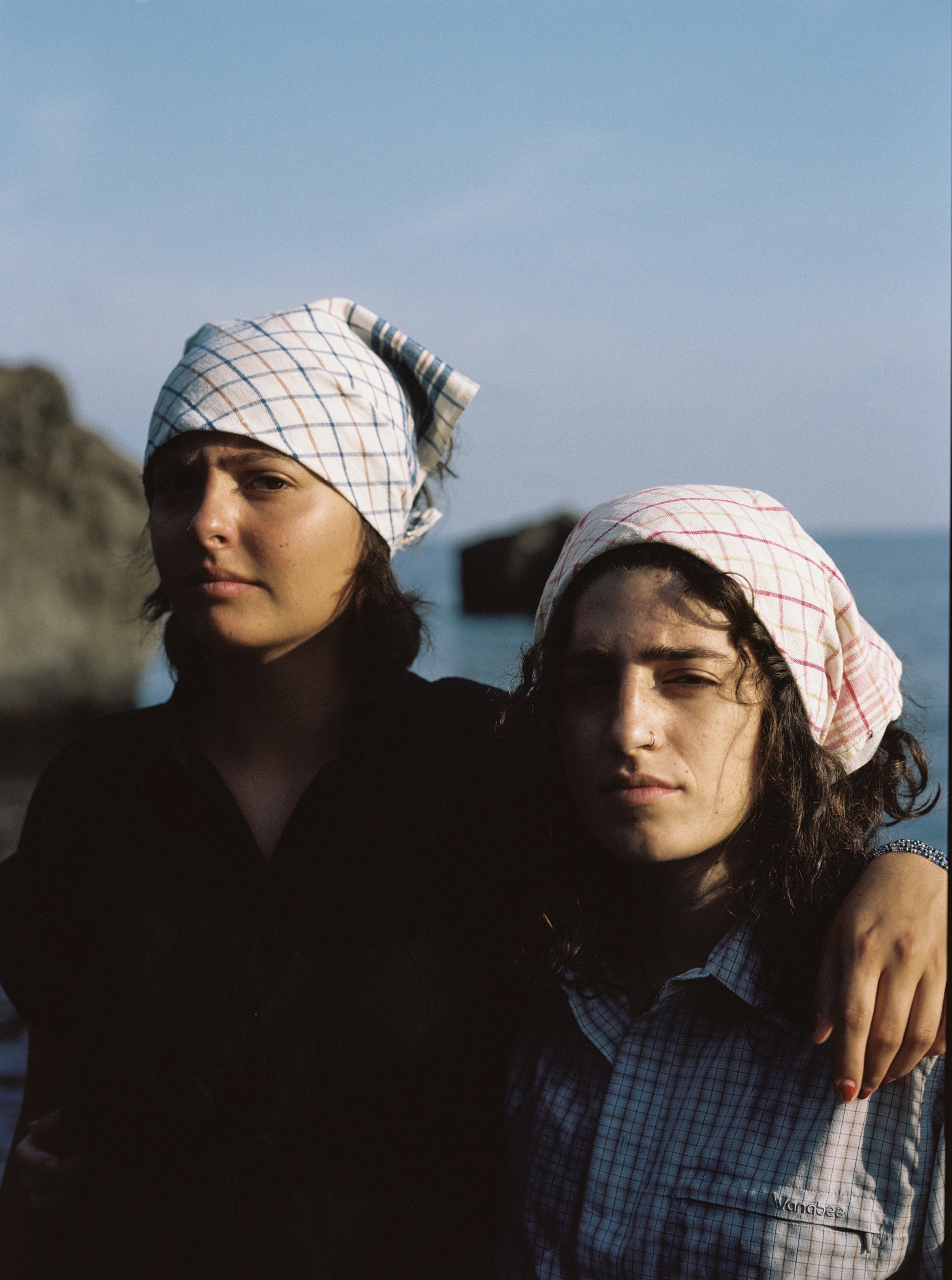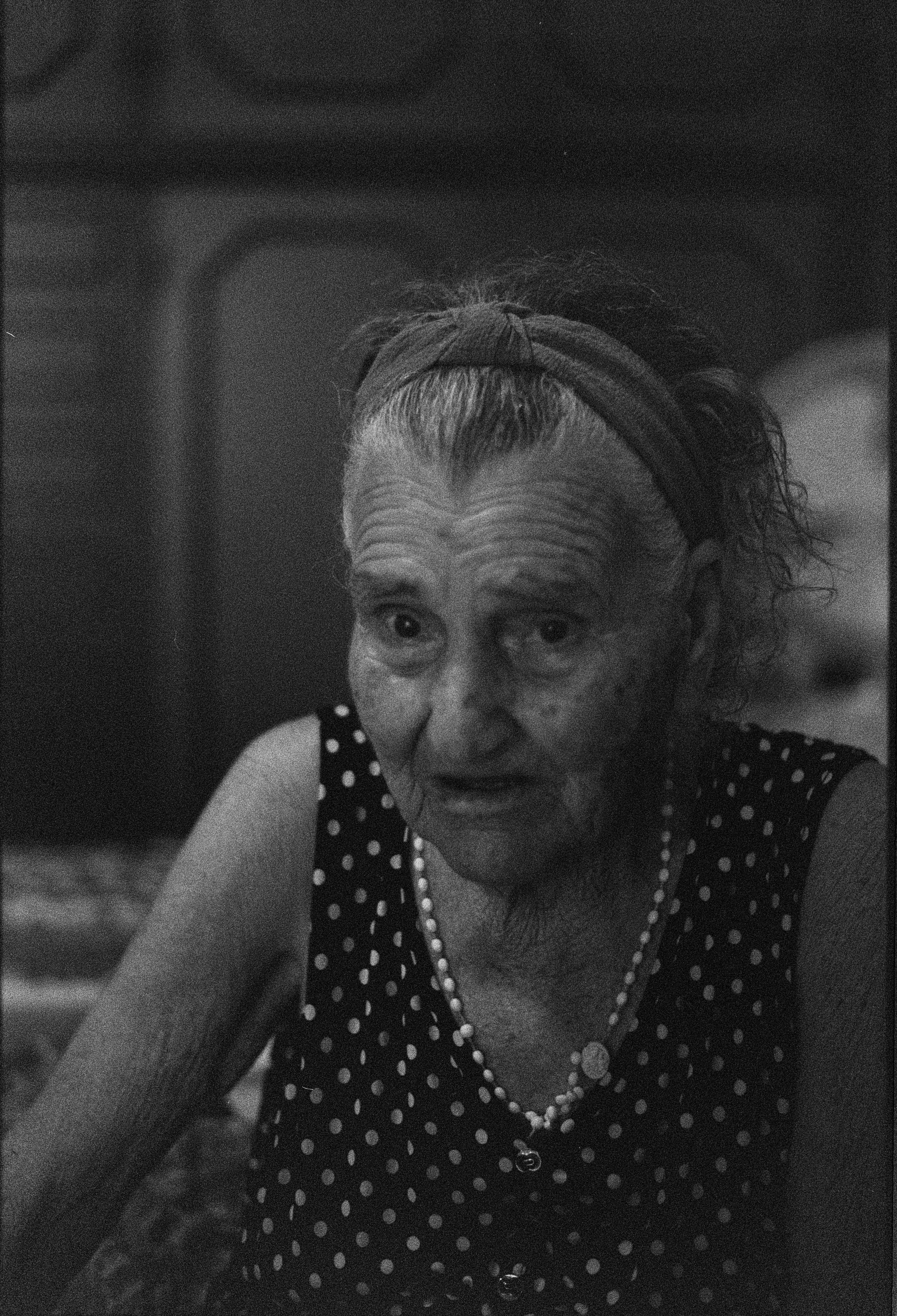“There are no longer man and woman. It’s something else, it’s the human but guided by a feminine imagination. This is the natural order of human evolution. Because women were the leaders of human evolution for two million years. So we must regain that memory of the free women. Women in the face of catastrophes, we know what to do. In the face of pain, we know what to do. In the face of death we know what to do. So, there is something very deep in the woman who takes care. Takes care of infinity. And infinity is the most important problem in quantum physics. It’s incomprehensible. We women are the navigators of incomprehensible.”
Through an intimate visual narrative, I seek to revive a mythical, nearly forgotten aspect of the Aeolian Islands’ folkloric heritage: the fisherwomen of the volcanic waters. Inspired by personal family history and motivated to challenge long-standing gender stereotypes, the project wishes to engage with the anthropological research of Macrina Marilena Maffei to reintroduce the resilient and bold figures of the last fisherwoman community.
This photographic exploration using portraiture, metaphoric images and a modern, fresh gaze on the phenomenon is based on personal experiences and the memories that are embedded in the land. It serves primarily as a tribute to the women of the islands who until the early 20th century, out of economic necessities had to step beyond the confines of their domestic dimensions to take on roles traditionally held by men. Next to fathers, husbands and sons who could not afford a sailor, they drifted into dark nights, repaired nets, prepared boats, could name the winds and interpret the hours following the stars. They were remarkably skilled in weaving together sea and land: their multifaceted roles formed the foundation of family and social organization blending cultural heritage, environmental stewardship and economic activity. With often reaching beyond their own horizons, sea women demonstrated an exceptional ability to navigate and adapt to these diverse productive roles, driven by resilience in the face of adversity. Their labor model reveals a profound sense of place, a deep connection to nature and an intimate understanding of it. Wherever they worked, the women of the Aeolian Islands did so against the backdrop of a dramatic and awe-inspiring natural landscape - because in these volcanic islands, the waters are far from placid, the land frequently trembles and rivers of fire spill into the sea. This is a primordial, telluric, magmatic nature, in which the women of the archipelago moved.
Although they represent an absolute peculiarity in the national and international panorama, these women have never been considered an identity resource to be protected and enhanced, almost as if the danger of a symbolic feminization of the Aeolian sea was feared. The fisherwomen of the islands were vital to the local economy but their contributions were often sidelined in favor of a more male-dominated maritime narrative. There was a fear that by recognizing the role of women in the fishing industry, the symbolic and cultural power of the sea as a masculine space might have been diminished which could have challenged the traditional gender hierarchy. Of course you can't force a community to remember the past, but when the fisherwomen can still tell their stories directly, when the memory is still alive and moves, when the pride of being the children or grandchildren of those women is still strong and felt then that same community has the obligation not to break the thread of memory.
Stromboli, 2024 - ongoing
